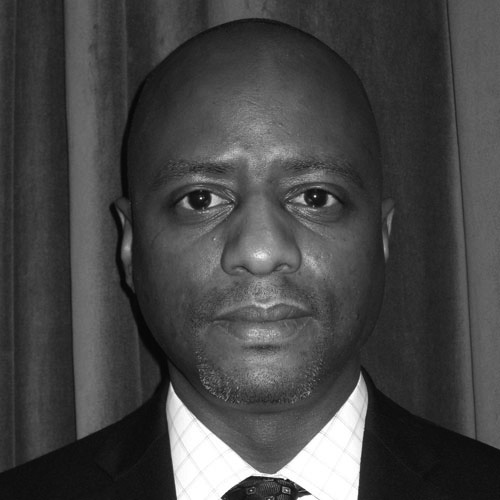Integreon provides legal, document, research, and business-support services to law firms, in-house legal departments, and market-leading companies. Mike Zuercher, chief legal officer, group head, talent management, and US country head talks about the company’s services and the challenges of managing a multi-skilled, global workforce.
How has Integreon’s business model evolved since its founding in 1998?
We started out doing document services and typesetting for financial services companies. Through that work, we interacted with investment bankers, accountants, and lawyers. In 2007, we acquired a company based in Fargo, North Dakota, that provided word-processing services for law firms. It is still one of our four US locations, and has become the basis for our law firm and corporate legal business, which includes all types of legal support services: e-discovery, document review, and due diligence with mergers and acquisitions. Subsequent acquisitions expanded both our geographic reach and the breadth of our service offerings to include contract lifecycle management, market research, business information, and a full suite of back-office services. Today, we have delivery capabilities in the United States, the United Kingdom, India, the Philippines, China, and South Africa.
How do you structure a company that provides so many different services?
Our senior executive and management team spans the globe and consists of a dozen or so people, including our CEO, CFO, CLO, CIO, a country head for each of our major regions, and leaders for our business units. Our CEO and CFO are in London; I’m in Los Angeles. The people who provide the services we deliver range from hourly to full-time salaried employees. Together, both groups total about 2,200 associates. Of these, about 1,200 are outside the US, mostly in the Philippines and India.
Your employees must have a wide variety of skills to deliver the different services Integreon offers.
That’s right. We employ highly skilled lawyers, accountants, MBAs, IT specialists, graphic designers, and market researchers—whatever it takes to meet our clients’ needs. Take a look at the openings we have on our website and you’ll see they run the gamut.
How do you ensure confidentiality, especially regarding the work you do for law and financial services firms?
For our larger, regular clients, we offer secure, dedicated rooms inside our delivery centers, where only certain associates have access, and everyone inside is working on that client’s projects exclusively. We also offer the option of working on-site in clients’ offices. Some clients have particular requirements regarding how we run background checks on people, which we are happy to accommodate. In addition, we have an information security group managed by our CIO that ensures our delivery centers have all the latest safeguards to protect the confidentiality and security of our clients’ data. Currently, our legal services delivery centers in Mumbai and Noida, India, as well as our centers in Manila, Philippines, Fargo, North Dakota, and Washington, DC, are certified to the ISO 9001:2005 information security standard. Each year, we expand our ISO certifications, and we plan to certify our New York City office on ISO 27001:2013 in 2015.
How does most of the legal work come your way?
Law firms hire us directly. When we work for in-house legal departments, it is often outside counsel that hires us, but we have many direct corporate relationships, too. We offer a demonstrable value proposition—delivering the same end product at very high quality and much lower prices, while freeing our clients’ staff to focus on higher-level tasks. For some litigation cases, insurance companies are starting
to mandate the use of alternative vendors like us.
What are the legal services that you don’t provide?
We provide a broad range of services that lawyers farm out to us, but we can’t practice law or provide anything that constitutes legal advice. For instance, we can’t appear in court or sign contracts on behalf of clients.
What do you like most about your role at Integreon?
Being able to provide both business and legal counsel. I like wearing a lot of different hats. While I’m ultimately responsible for managing our legal activities—managing risk, drawing up contracts, etc.—I’m able to give a practical view to our team because I understand the business. Lawyers typically focus on doom and gloom, and legal is sometimes known as the “sales prevention” or “no new ventures” department. I have more latitude to combine our business and legal considerations, which I enjoy. Even if I’m negotiating a contract, I understand our services, so I can help sell them too. It’s not just the work-life balance of in-house that appeals to me—it’s the type of work that I get to do and the opportunity to be a true business partner.

